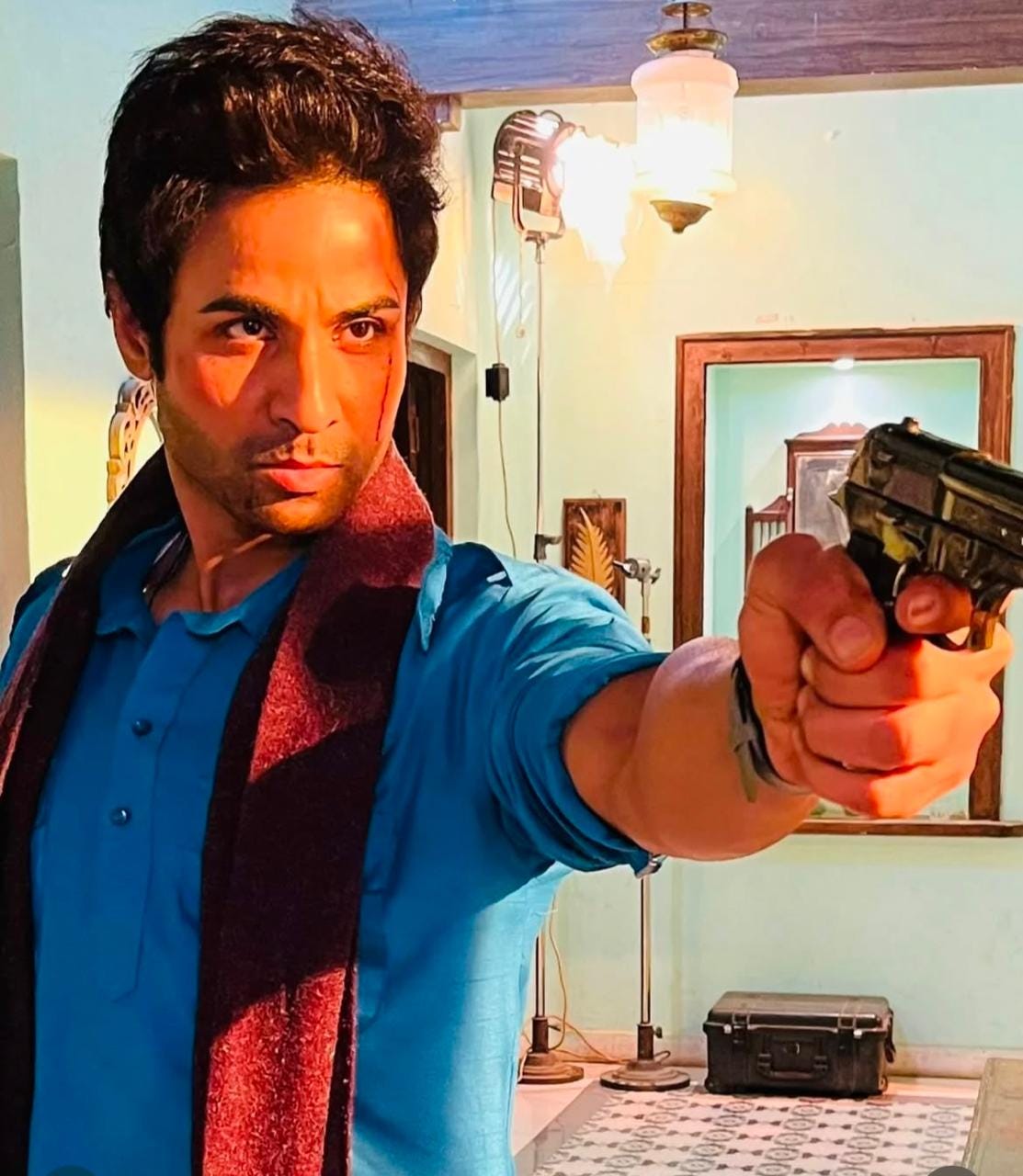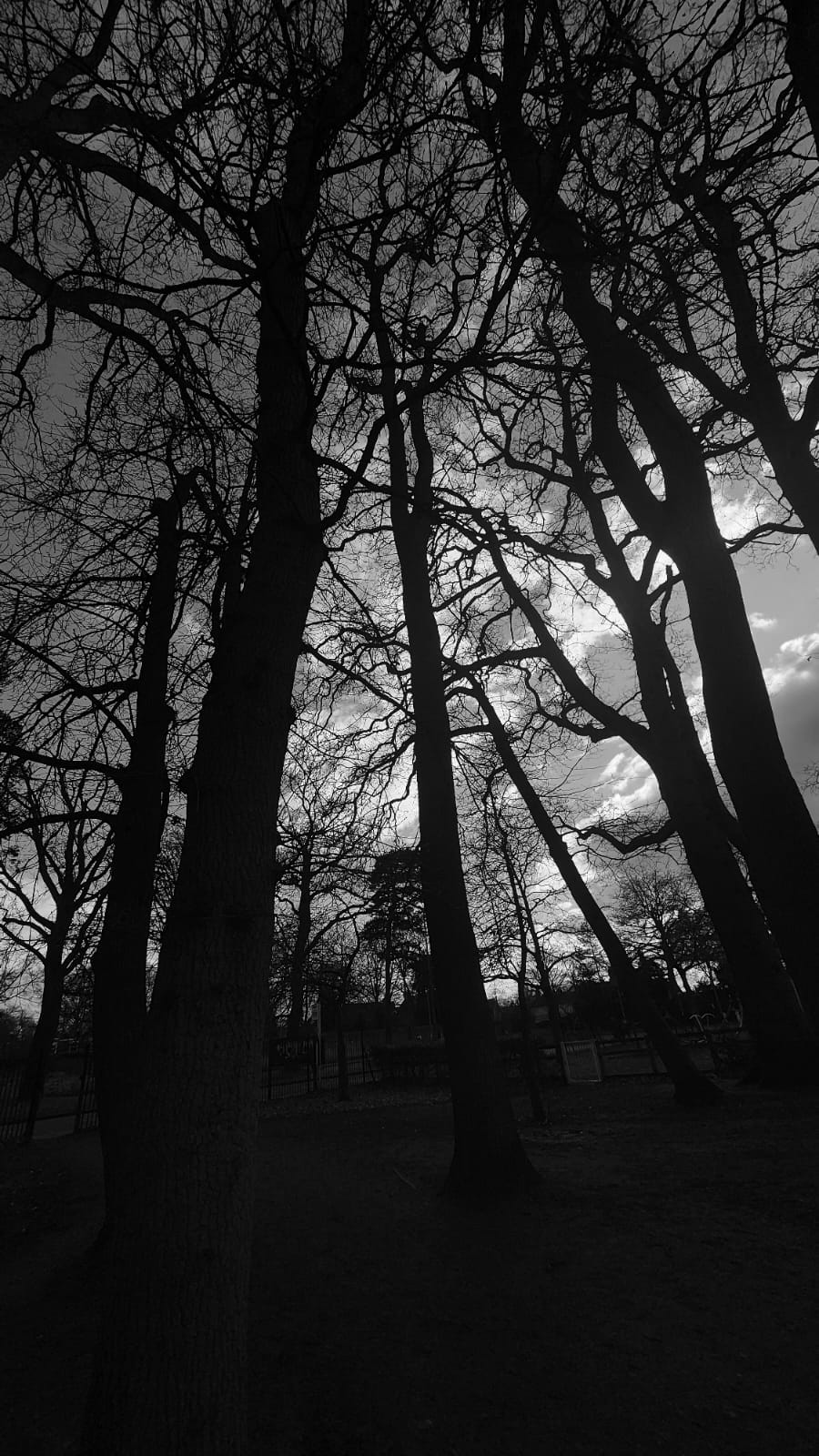Suspense in Movies- Why we miss the most obvious twists
What You Don’t See Is Scarier – Anticipating Your Thoughts
Stepping into the world of psychological shadows where reality and fantasy line lie alongside, where fear of the audience's converts is overcomed by awe and each scene becomes a cinema memory of lifetime. Psychological, suspense or thriller movies are not narratives, they are the experiences developed to captivate audience engagement by creating a trickery tension and excitement for the climax.
Ever wondered why films such as “Psycho”, “Shutter Island”, “Memento”, “Drishyam”, “Gone Girl”, “Bird Box” and many more, shivers down your spine?
When direction, acting, cinematography, editing, scripting, lighting, makeup and costumes, properties, background music, and location altogether blend perfectly well it crafts suspense and leaves the audience on the edge of their chairs.
I personally love suspense movies because of their unexpected twists. “Psycho” is undoubtedly one of the best suspense films but my personal recommendation would be “Ittefaq” (2017). It is very uncomplicated but with an ultimate climax also a fantastic blend of all elements of suspense movies.
The Puppeteer Behind The Scenes
"The only way for me to get rid of my fears is to make films about them." - Alfred Hitchcock the Maestro of suspense thriller cinemas.
It requires a genius brain to create psychological movies and expertise of art to make masterpieces.
Look at David Fincher, he demonstrates his expertise with time in Se7en, as does Gone Girl. Not only tension in what exists currently, but tension exists in what may occur. It's in the haunted silences in between the lines, the hesitation of a scene a beat too long, and the unconscious suggestion that something's not right.
Christopher Nolan’s “Memento” amazes us with the fractured timeline, while “Drishyam” by Nishikant Kamat subtly implants details that drive us into it with breathtaking climax. A movie is considered mind blowing when the viewers think they understand what's going to happen next and that's when the story pulls the rug out from under them.
“What we see is exactly what the director wants us to see” and that's where the beauty of direction and scripting comes into play.
Sanjay Shejwal, an India actor who had played several roles in suspense thriller movies said "Body language is very important in suspense films, psycho characters often repeat certain gestures, and as actors, we sometimes exaggerate for dramatic effect on screen”. He adds, every character has a backstory and this plays crucial roles because that tells more about that person, his mental state, and also the reason why that person is acting a certain way
.
No thriller is complete without a good script. One of the hardest things for writers is crafting a story and keeping the audience invested in the movie from the beginning till the end without giving away too much. The art of disclosure and non disclosure is tricky one. Again, let's take an instance of “Memento”, the way the time in his screenplay is reliving disorientation of the lead character. Since we too are learning as we go, every plot reveal is a shock. Suspense movies are usually simple but our tendency to overanalyze things makes them seem more complicated than they are. We take the most complex clues by making certain theories in our head, only to be caught off guard and it happens to be the one that we overlooked. Good script must be complemented with great cinematography.
Let's talk about these films' imagery. Take, for example, a psychological thriller shot in the manner of a cheerful, romantic comedy. Would it work? The cinematographer notices that the visual environment contrasts with the film's ominous, mysterious tone. For example, the protagonist's declining sanity is reflected in Black Swan’s claustrophobic close-ups. Dark lighting, stunning close-ups, and reflections are used to make her seem nervous. Similar to this, “Se7en” is surrounded by dark hues, rain, and darkness that smother the surroundings.
A good thriller doesn't just reveal; it still leaves us with space to fill in the blanks with our worst fantasies.
The unsung heroes of psychological suspense films are definitely Sound. I sat down with TEDx speaker and Filmfare Award-winning sound engineer Rohit Pradhan to learn more about just how pivotal sound is. "Sound design is using sound to tell a story," he said. Silence can sometimes be a sound too.
And he's right. Consider this, it's the absence of sound, not the presence of it, that creates some of the most frightening scenes in movies.
Pradhan went on, "Picture yourself strolling down a deserted street. I'll make some faint footprints behind you here and now. You feel that you are not alone though you don't see anyone. Sound can evoke fear without really conveying it." It also defines the scene without actually even narrating the scene.
Shutter Island uses low, humming sounds. Tumbbad and, my gosh, what a film to create terror through the medium of sound. The eerie quietness that precedes the storm, the creaks, and the whispers all together create tension in the audience.
Lighting, camera positioning, color tone, and cutting produce a thriller's psychological impact. Low-key lighting elicits fear, angles create tension, and desaturated colors evoke mystery.
So, Why Do We Love Suspense, Thrillers So Much?
These movies love to play with our minds. They take our hopes at peak and leave us with breathtaking twists and turns by shattering our predictions. They make us think, doubt, question, and second-guess ourselves. They play on all of our senses, like sight, sound, and intuition.
Your mind is reeling when the last scene of “Gone Girl” shows up and you discover who actually emerged victorious, similar with “Bird Box”. Your brain aches in the best way possible when you walk away from Memento and begin to put it all back together. The beauty of an excellent thriller is that it haunts you rather than just ending.
Take notice next time you're viewing a psychological thriller. Feel the tension, see the shadows, and listen to the silence. Because what you don't see is usually more frightening than what you do in the world of suspense.






